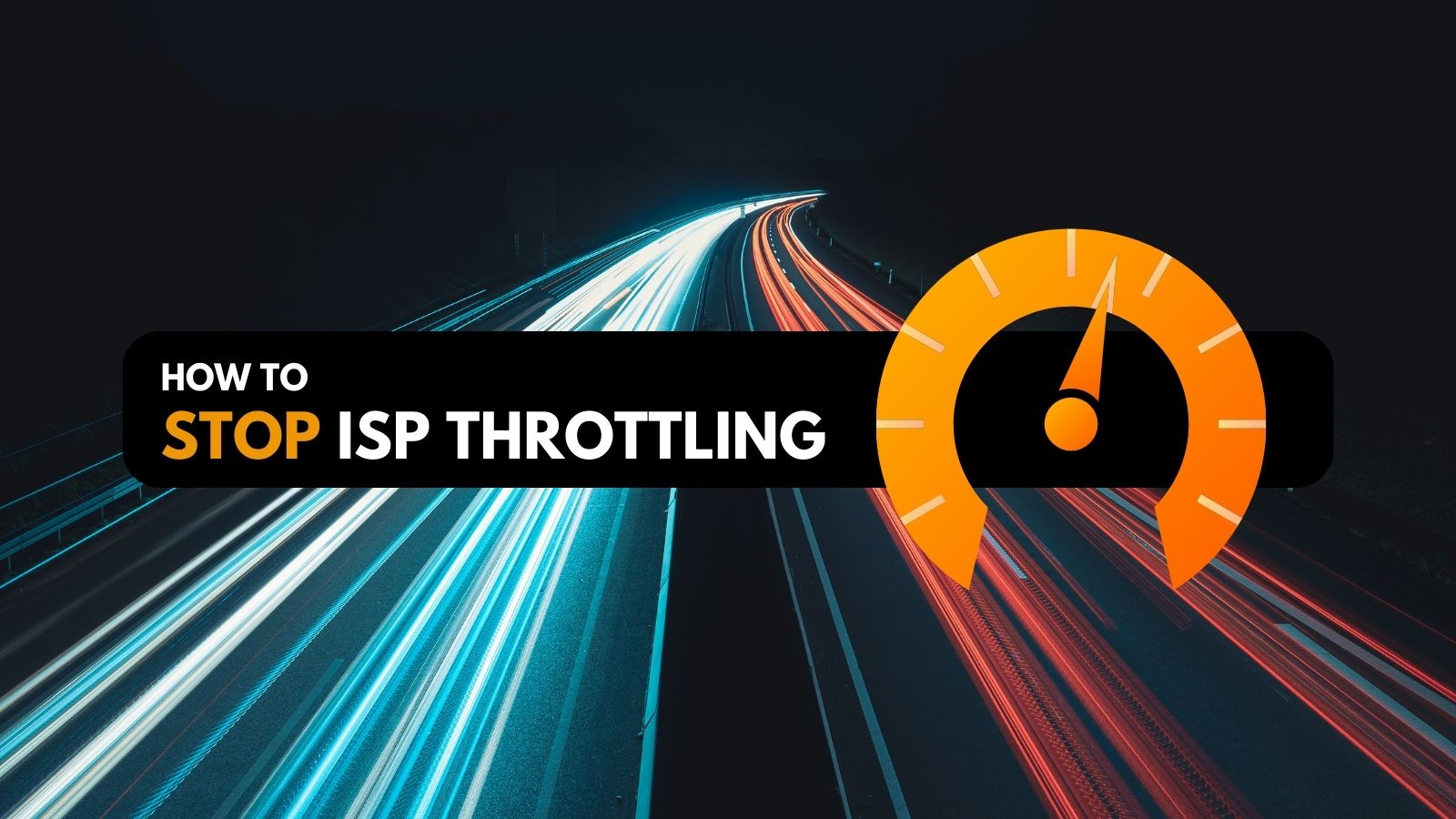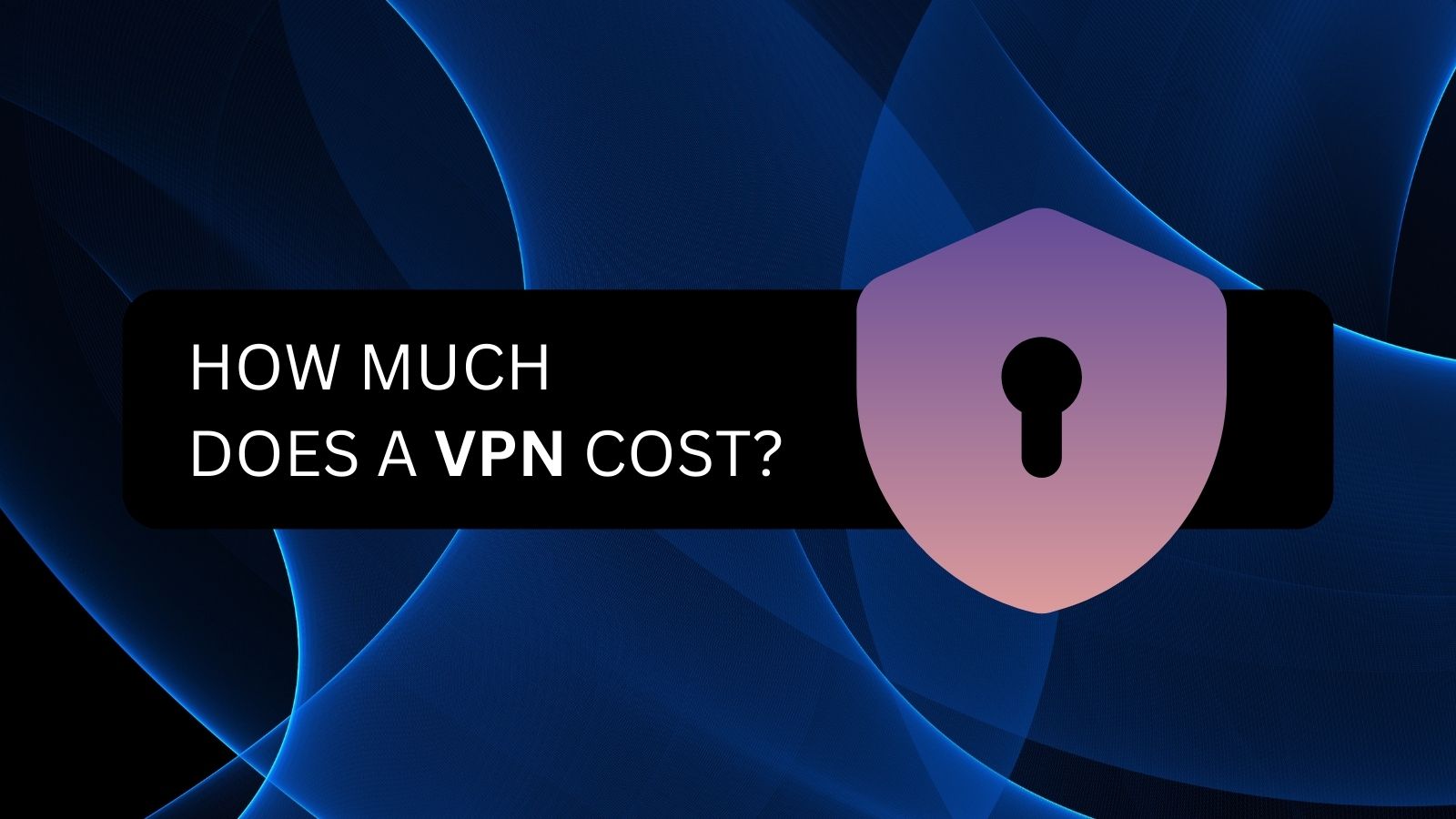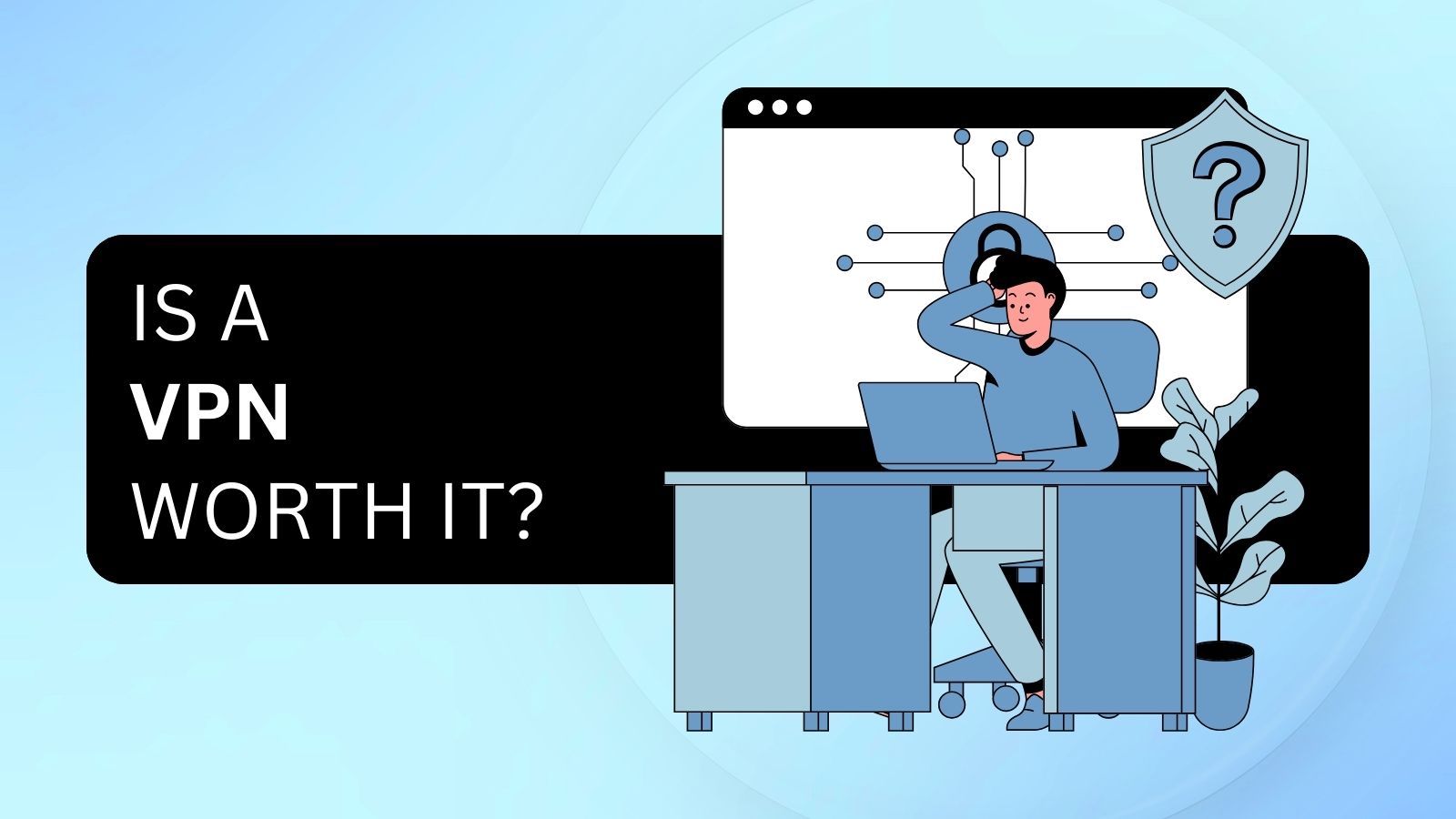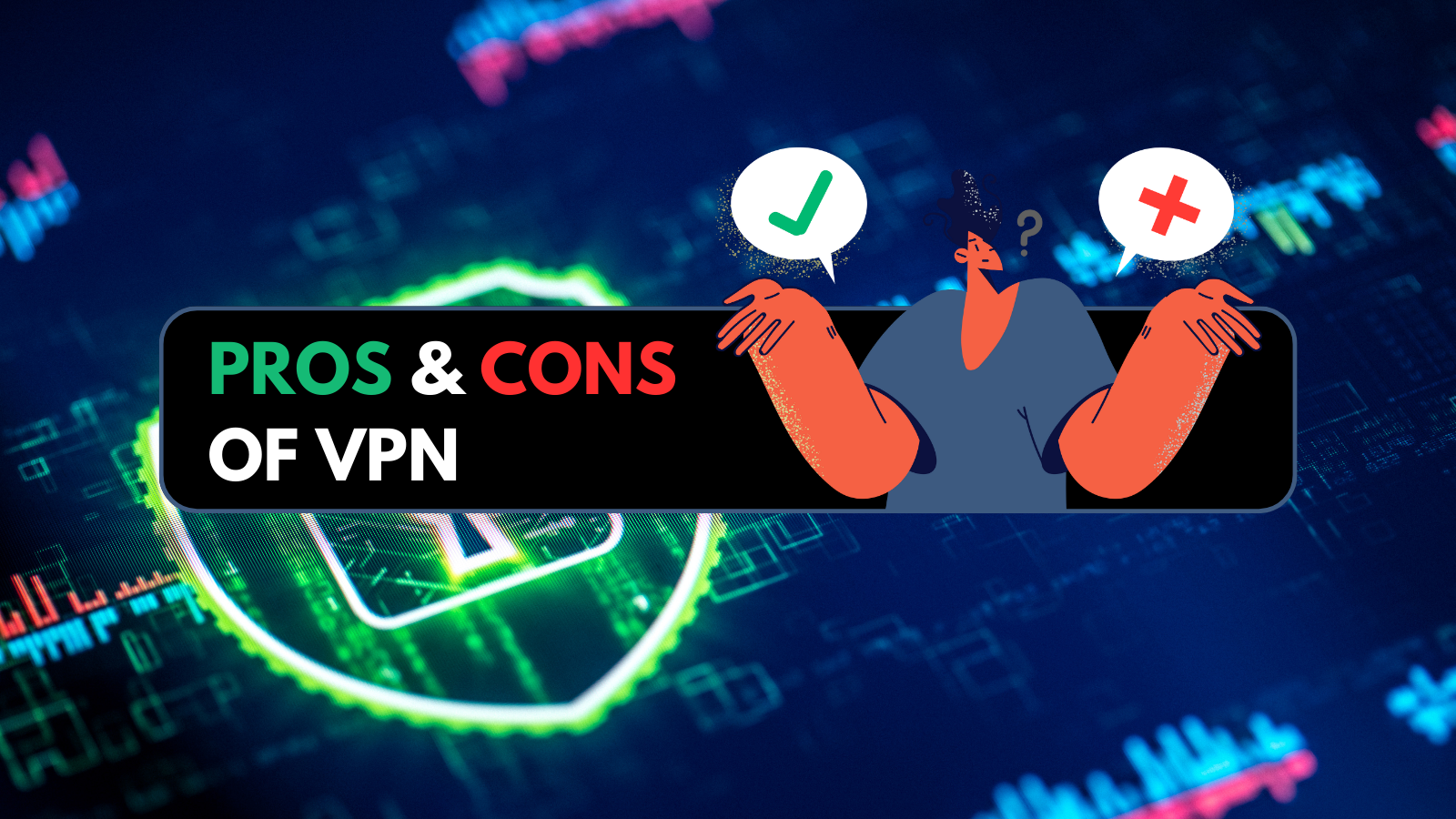
When you purchase through links on our site, we may earn an affiliate commission. Here’s how it works.
Does VPN Bypass Parental Controls?
If you're reading this, you're either a concerned parent or wondering if you can bypass the parental controls on your PC or smartphone with a VPN. Don't worry; we won't tell. What we will say, however, is that the answer depends on what kind of parental controls are involved.
The right VPN may be able to circumvent most of them, but other control systems may be more tricky to deal with. We'll cover several parental control methods down below and see which ones you can bypass with a VPN.
What Types of Parental Controls Are There?
There are many ways to control what a child sees or has access to online. Here are some of the main ones:
- Blocking access to websites
- Filtering inappropriate content (from search engines, YouTube, etc.)
- Using keyloggers to log their keystrokes for future inspection
- Controlling the time and duration of application and Internet access
- Preventing third-party app installation (such as games)
- Tracking social media, email, and other communication methods
- Geofencing (tracking the child's movements through GPS, basically)
As you can see, parental controls aren't as clear-cut as you'd expect. Instead, they cover a wide range of options, and a single app may be capable of more than one of the features above.
But back to our main question: does a VPN bypass parental controls in any of these cases? Let's find out.
How Does a VPN Bypass Parental Controls?
If you're not familiar with how VPNs work, the gist of it is that:
- They encrypt your data - basically using complex algorithms to mask what you do online, whether it's from your ISP, hackers, or government intelligence agencies.
- They mask your IP address, allowing you to change your virtual location and trick websites into believing you're in another region.
- Some VPN providers even use their own DNS servers to handle requests. Typing www.google.com into your browser so your ISP can turn it into a machine-readable IP address is an example of a DNS request.
Based on these descriptions, this is how a VPN can bypass some types of parental controls.
#1 Avoid Content Filters
Many such filters rely on using a different DNS provider that automatically blocks unsafe DNS requests. These providers will typically filter out malware and phishing domains to avoid attacks, as well as any mature content (drugs, alcohol, gambling, porn, etc.)
Using a VPN will most likely circumvent these filters if the VPN provider uses its own DNS servers. Most commercial ones do, by the way. It's less likely to be the case with free VPNs, but it's not unheard of.
#2 Circumvent Firewall Rules
Similarly, a VPN will almost always bypass any firewall rules unless they're specifically set up to block VPN connections. That in itself is pretty difficult to achieve without crippling the rest of the network. A decent VPN will have plenty of servers all around the world, so blocking all those IP ranges would be virtually impossible.
Companies like Netflix hire specialized VPN IP aggregators (like Maxmind or IP2Location) in order to block them from their services. Even so, many of them still manage to slip through the cracks. Port-blocking is an option, but VPNs also work on commonly used ones such as port 443, which allows most secure websites to function.
#3 Mask Browsing Habits
Some ISPs offer parental controls that allow them to specifically monitor and create reports of what kids do online, even beyond just browser history. They can list any apps that accessed the Internet (such as video games, messaging apps, and so on).
That being said, VPNs encrypt ALL your network traffic, meaning not even your ISP can tell what you're doing online. However, they can most likely tell that someone is using anonymizing software such as a VPN - especially since they're actively monitoring the connection.
When Does a VPN NOT Bypass Parental Controls?
VPNs are pretty much useless against parental controls such as:
- Keyloggers - they can't prevent keystroke logging software from doing its job.
- The same goes for social media, IM, and email logging.
- Time tracking or time-based off switches on parental control routers.
- Device, app, or service-based parental controls (see YouTube's supervised accounts, Apple Screen Time, Paramount+, Disney+, and others) - for security reasons, VPNs cannot change the settings in other apps unless you come across a free VPN infected with malware.
Moreover, VPNs may not be very effective against geo-fencing. Sure, VPNs hide your real-life location by masking your IP address, but geofencing makes use of GPS data on your phone to locate you. For the moment, Surfshark is the only VPN capable of spoofing GPS data by default and only on Android devices. Even so, suddenly changing GPS coordinates and (virtually) ending up in a different country is likely to set off an alarm on geofencing apps.
Read more: Surfshark VPN Introduces GPS Spoofing – Now Available to Subscribers Using Android!
Finally, VPNs can't do anything about parental controls that prevent third-party apps from being installed. No surprise there. Can't install the VPN? Can't use it.
Of course, "necessity is the mother of invention," as the saying goes. Kids are craftier than we give them credit for and are likely to find creative ways to bypass parental controls (even without a VPN).






